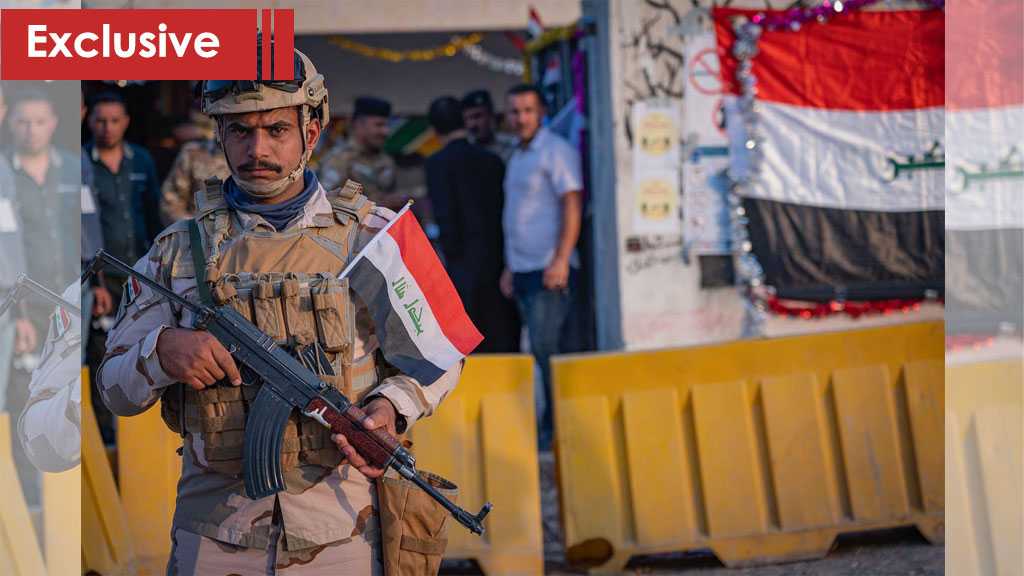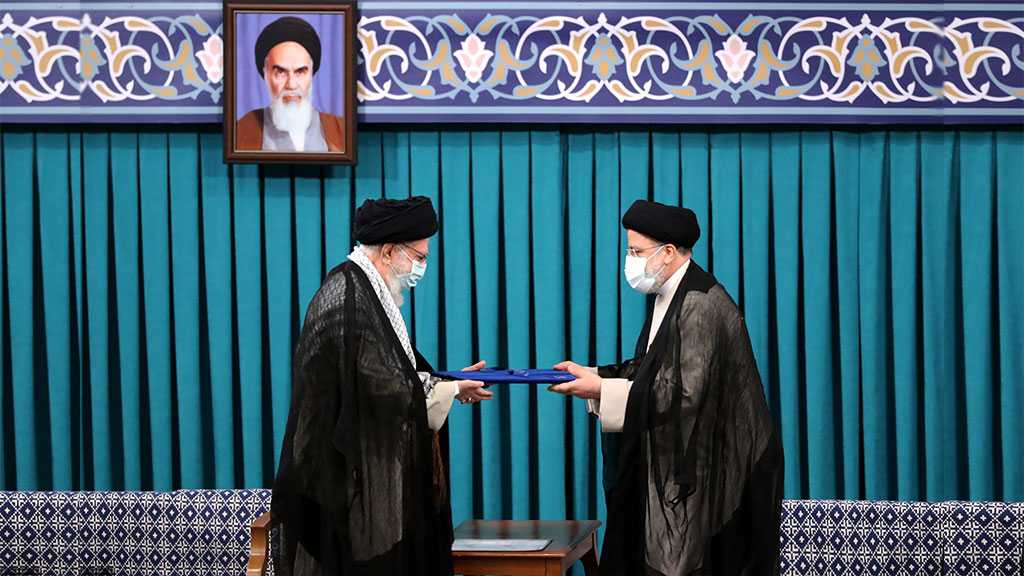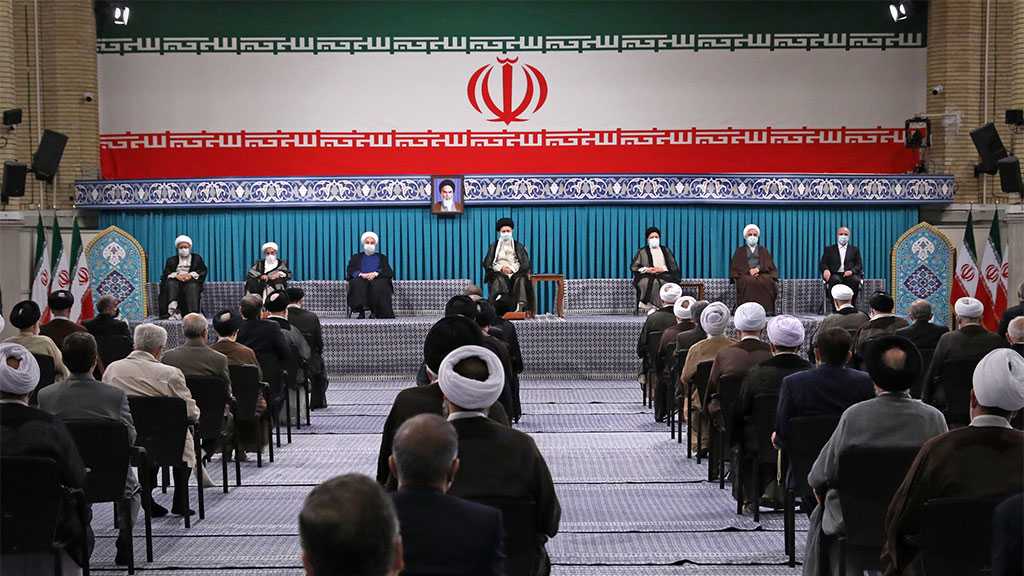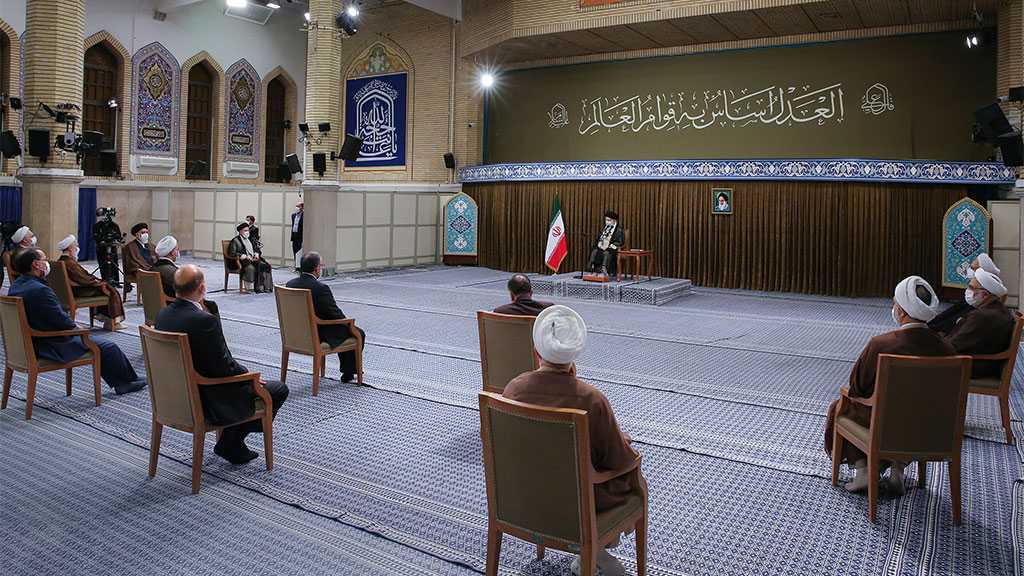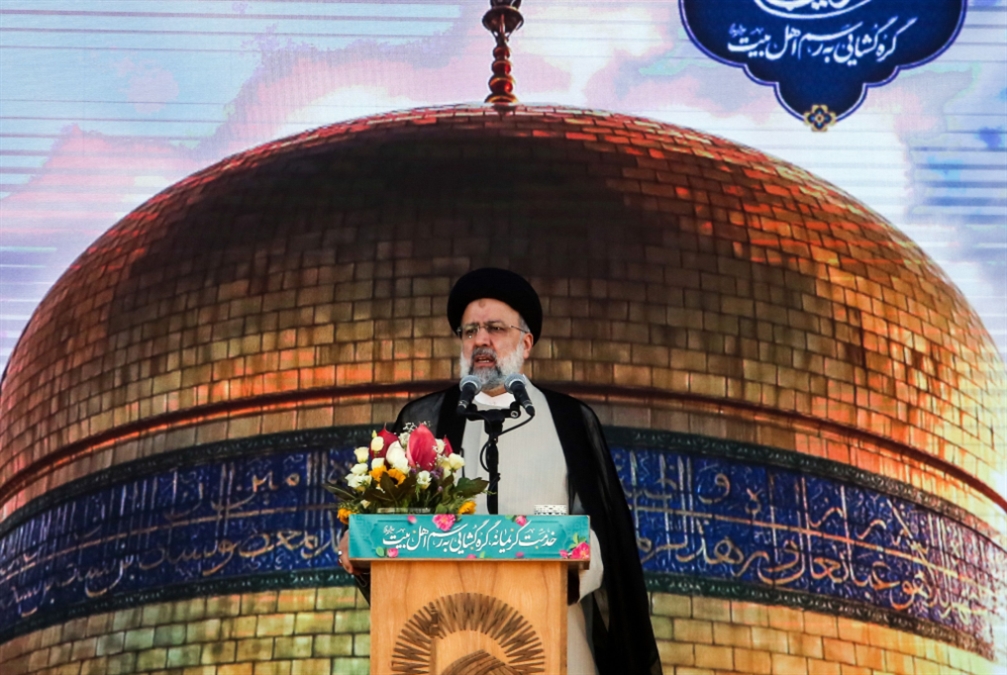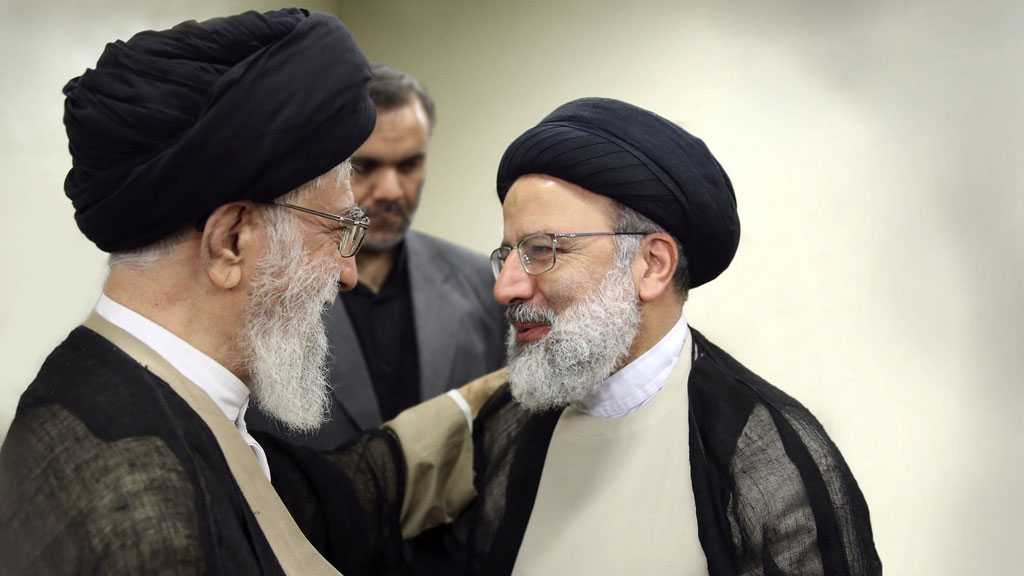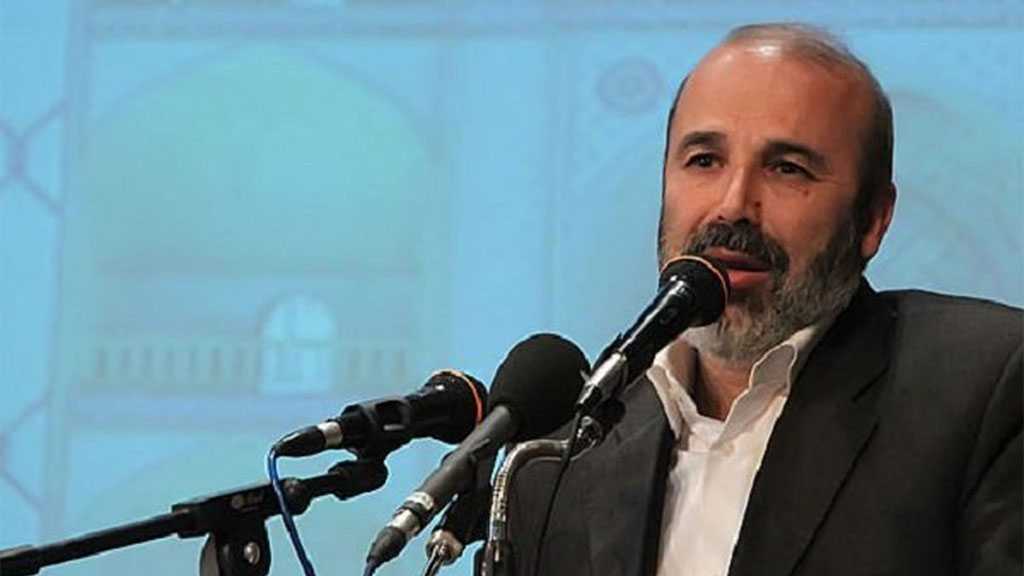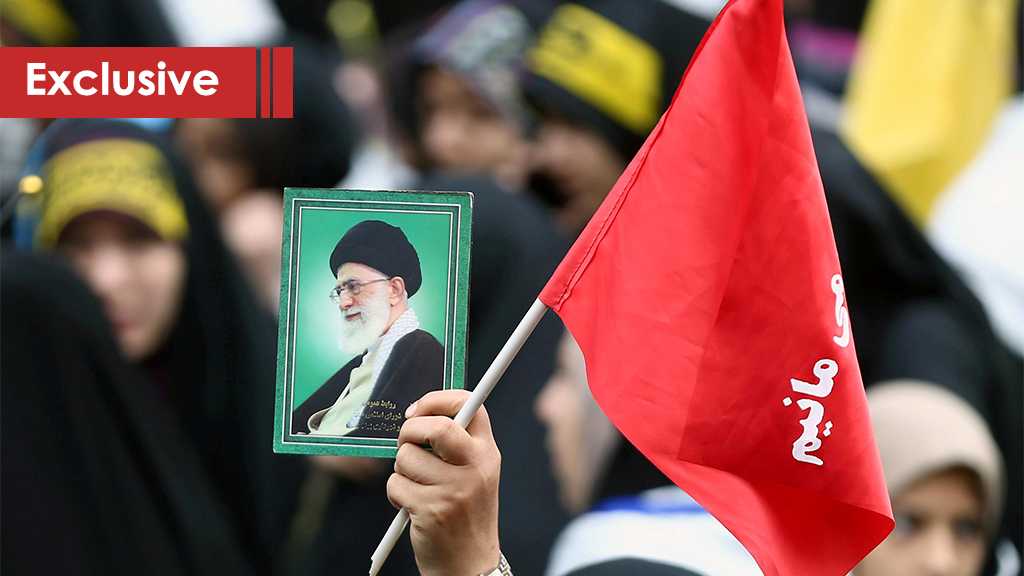
Iranian President Ebrahim Raisi says the high turnout rate for the Iranian election foiled all plots being made for Iran by hostile foreign powers.
The Iranian people once again foiled the foreign plots being made by hostile foreign states through their high election turnout rate, Iranian President Ebrahim Raisi said on Saturday.
Raisi stressed that Iran’s enemies had made strenuous bids to undermine the elections of the Shura Council and the Assembly of Experts and to have the election take place without a significant turnout.
Read next: Does Iran’s Guardian Council control the elections?
The robust participation of the Iranian people in the election “struck down all the aspirations of the front of arrogance and thwarted all its plans it spent hundreds of billions [of dollars] to achieve,” he said.
The Iranian President thanked all of the Iranian people individually, “I appreciate the efforts of all political parties, security forces, executive bodies, and every single person who worked around the clock to raise awareness among the public and ensure that the elections take place in a sound manner.”
As the statement came out from the Iranian President, an Al Mayadeen correspondent reported that preliminary results of the general elections indicated a major loss for reformists in Tehran, with the Front for Islamic Revolution Stability leading.
Related News
- Algeria hosts GECF for cooperation; Palestine headlines gas forum
- In first in 14 yrs., Iranian President to visit Algeria next Saturday
Casting the ballot
Iranians participated Friday in the voting process for the country’s Parliament and Assembly of Experts. Polls commenced nationwide at 8 a.m. local time, with over 61 million eligible voters. Iranian leader Sayyed Ali Khamenei exercised his voting right at a Tehran polling station within the initial minutes of the voting period.
In his remarks, the Iranian leader emphasized that both Iran’s allies and those interested in the Iranian nation, as well as adversaries, are keen to observe the actions of the Iranian people in this election and anticipate the outcome.
The Leader reiterated his advice to voters from previous elections, urging them to go to the polls and cast their votes as early as they can.
What is the Assembly of Experts?
The people of every Iranian province elect their own representative in the Assembly through a direct popular vote. In case the province’s population exceeds 1 million people, the latter gets to elect an extra representative for every 500,000 people.
The Assembly of Experts, initially founded in 1983, is constituted of a leadership council, a general secretariat, an investigative council, and special committees. Its total number of members amounts to 88, each elected for a term of 8 years.
On November 5 last year, it became viable to submit candidacy applications in which 144 out of 501 applicants had their applications approved by the Guardian Council.
The Guardian Council, formed of 12 members, votes on the eligibility of the election candidates before the popular electoral vote.
Ever since the Assembly of Experts was founded, several prominent figures have chaired it in chronological order, Hussein-Ali Montazeri, Mohammad Beheshti, and Ali Meshkini, who was elected for three consecutive terms. Following the latter, Hashemi Rafsanjani, Mohammad-Reza Mahdavi Kani, Mahmoud al-Hashemi Shahroudi, Muhammad Yazdi, and Ahmad Jannati who serves as the current chair of the Assembly, chaired the assembly.
Related Stories
- Iran holds elections for Parliament and Assembly of Experts
- Iran’s Assembly of Experts: Elections and functions
- Does Iran’s Guardian Council control the elections?
Filed under: Iran's Supreme Leader Ayatollah Seyed Ali Khamenei, The Islamic Republic of Iran | Tagged: Ebrahim Raisi, Iran Elections, IRANI Assembly of Experts, Irani Guardian Council, Irani Reformists, Tehran | Comments Off on Robust election turnout rate foiled foreign plots for Iran, Raisi says







